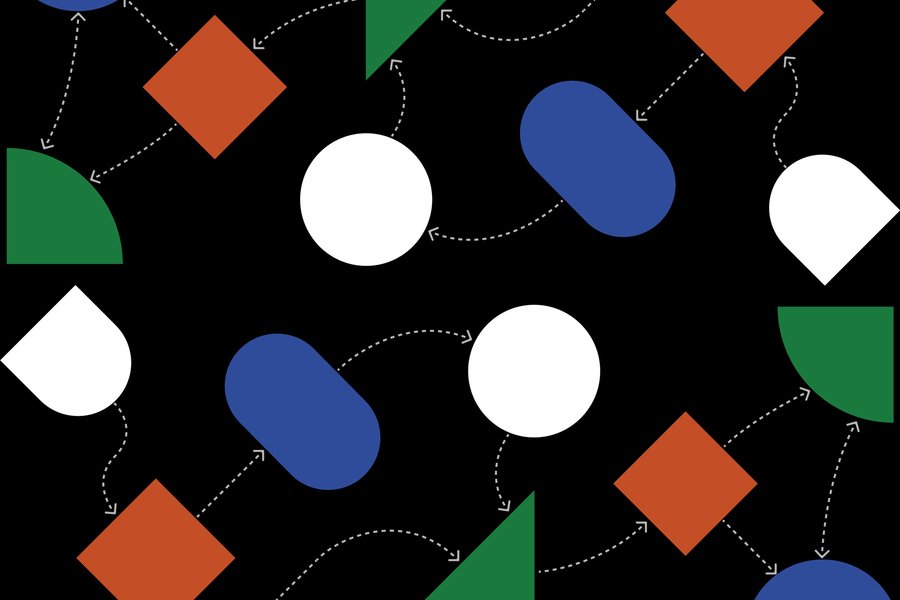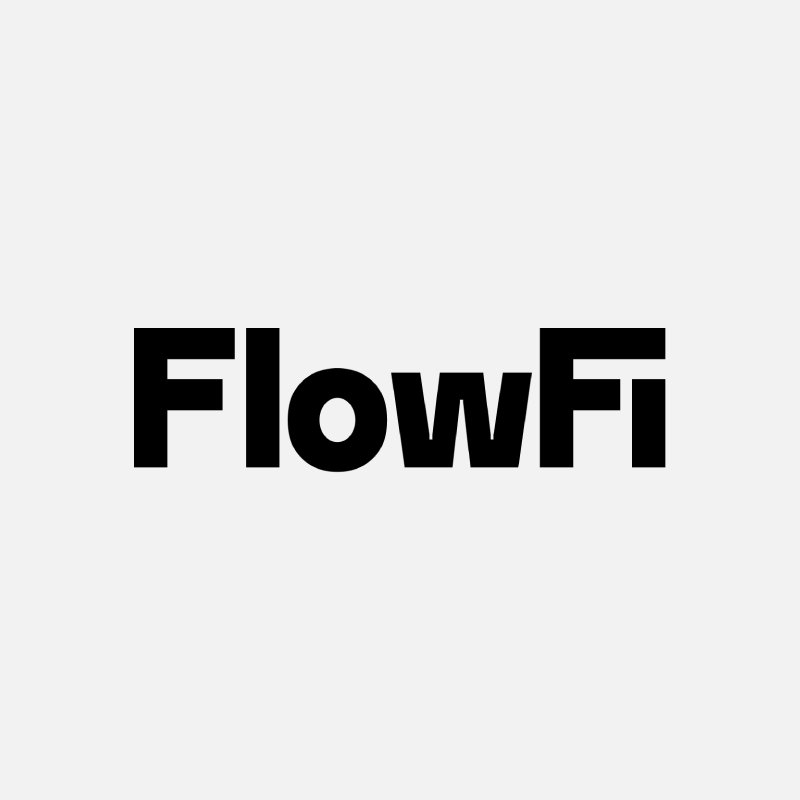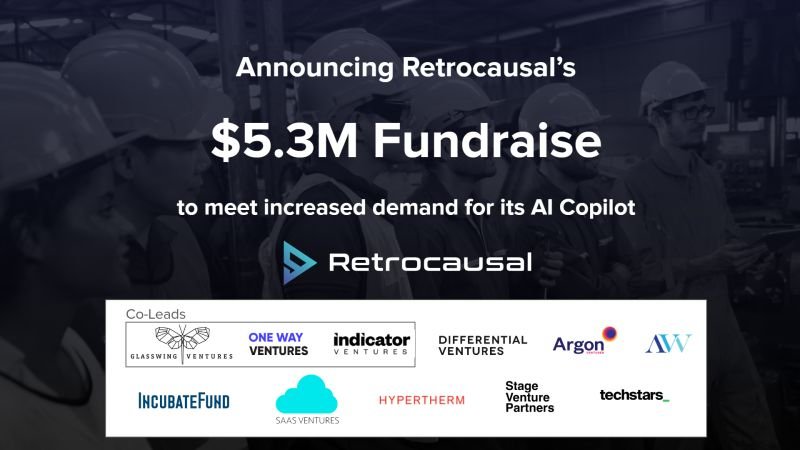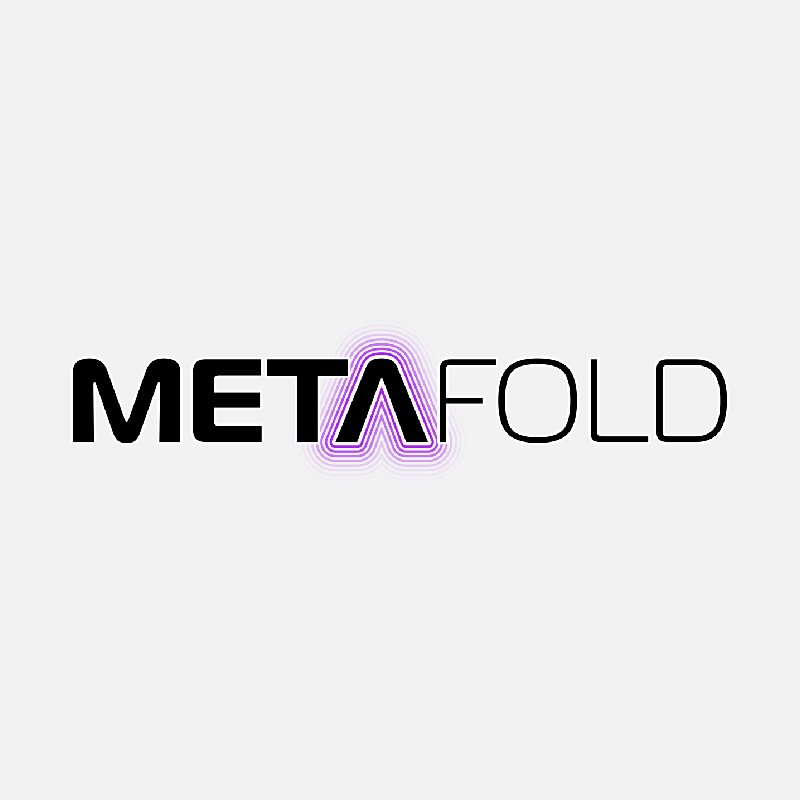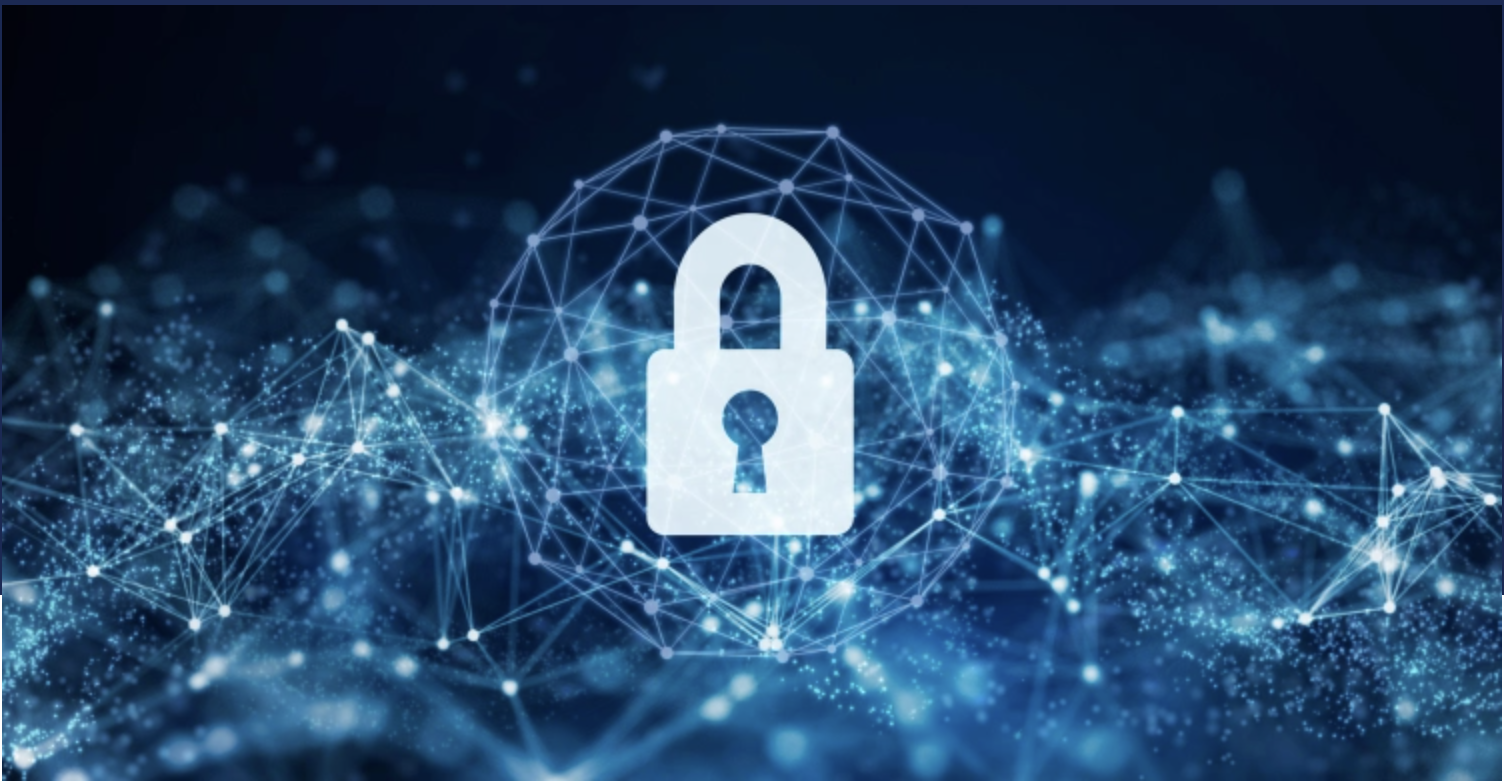Announcing First Batch of COVID-19 Grant Awards!
On March 29th, our team announced a $500,000 pool of funds to be awarded in $10,000 - $25,000 grants to startups that are using data science, machine learning, and artificial intelligence to find solutions for the myriad challenges created by COVID-19. Today we are thrilled to announce the first batch of awards to seven companies that have taken a leadership role in this fight.
On March 29th, our team announced a $500,000 pool of funds to be awarded in $10,000 - $25,000 grants to startups that are using data science, machine learning, and artificial intelligence to find solutions for the myriad challenges created by COVID-19. Today we are thrilled to announce the first batch of awards to seven companies that have taken a leadership role in this fight.
We have seen hundreds of inspiring initiatives focused on saving lives and helping our society set a path to return to a new normalcy and we will continue to evaluate submissions for the grant. Applications remain open through April 30th on our website.
We also continue to look for creative solutions and partnerships to leverage our collective experience for this novel crisis. As such, Differential has teamed up with Techstars as part of its Global Online Startup Weekend "Unite to Fight COVID-19.” These events will bring together inventors, investors, developers, and anyone with a passion to tackle COVID-19 from over 50 countries. Finalists from these events will participate in an Innovation Bootcamp. Differential will award five $10,000 grants to teams graduating from the Bootcamp.
Without further delay, congratulations to the first recipients of the Differential Ventures COVID-19 Grant!
There is a critical shortage of SARS-CoV-2 testing throughout the world. Lack of sophisticated laboratory facilities and equipment limits people in many regions of the globe from knowing whether the virus is present, hindering public health efforts. New test methods are urgently needed that are simple, affordable and widely accessible. Loop-mediated Isothermal Amplification (LAMP) is a detection technology that can be done in a cup of hot water and gives a simple yes/no color change in 30 minutes or less. LAMP has been used in diagnostic tests for malaria and can be deployed anywhere in freeze-dried form. Aanika Biosciences is leading an international collaboration of scientists to optimize LAMP technology to create an open-source test for SARS-COV-2. The result will be a test that can be run anywhere, even with limited facilities, and by people without a specific background in medicine or biology.
Founded in 2017 and headquartered in Lower Manhattan, Accrete.AI is an artificial intelligence company that builds proprietary dynamic learning technologies called Knowledge Functions designed to boost analytical productivity. Leveraging Knowledge Functions to model geographical influence and viral potential in social chatter, Accrete’s Project Lifeblood application helps a major non-profit identify influential COVID-19 survivors to maximize convalescent plasma donor turnout. Initially aimed at collecting convalescent plasma from recovered Covid-19 patients to help accelerate the recovery time of newly infected coronavirus victims, Accrete believes that Project Lifeblood will eventually serve as the foundational blueprint for driving authentic engagement critical to many other life-saving endeavors such as platelet collection.
CV19Dashboard.org is a free public health service powered by bioinformatics leader hc1® that provides lab testing insights to support leaders actively working to mitigate the spread of COVID-19. Anonymized trending data from a coalition of more than 20,000 lab ordering locations supports the dashboard’s visualizations of COVID-19 testing rates, positive and negative test results, and key demographic filters like age and gender down to the county and sub-county (Public Use Microdata Area) level. All trends in the CV19 Lab Testing Dashboard powered by hc1 are based on de-identified, aggregated data from thousands of testing sites in accordance with the Health Insurance Portability and Accountability Act (HIPAA) privacy requirements. Public health officials, government agencies and healthcare providers need only request access at https://cv19dashboard.org.
LEDR Technologies, in partnership with Georgetown University, is orchestrating knowledge in our high privacy-assured platform. The platform enables multiple organizations to collaborate confidentially in their efforts against COVID-19 without having to centralize information. Examples include symptom tracking for healthcare providers and real-time infection tracing and alerting that is required for the world to boost economic activity and regain normalcy in everyday life.
NumaVent, a non-profit start-up that includes New York University, Johns Hopkins University, and University of Southern California students and engineers, has created a ventilator at an estimated cost of $500—well below the $25,000-to-$50,000 price tag for conventional ventilators—by drawing from readily available materials such as DC Fans, pressure sensors, and solenoid valves. Significantly, it aims to aid patients with varying degrees of lung failure with a device that requires minimal training—a crucial feature as healthcare personnel are increasingly taxed. Many “off-the shelf” designs currently in development will only be able to effectively deliver oxygen to patients who are entirely incapable of breathing on their own -- and even these may pose significant safety risks. NumaVent's design addresses these risks through a range of mechanical and software safety checks.
Public Democracy, a certified B Corp, has developed PII-free COVID-19 tracking models that successfully identified early regional outbreaks of COVID-19 ahead of confirmed tests. These tools continue to track COVID-19 spread in real-time, and perhaps even more importantly, also provide local governments with a means of delivering curated public health communication to different population segments based on need. Public Democracy was invited to join the White House COVID-19 Data & Tech Task Force and is finalizing partnerships with local governments to better utilize these tools. The Differential Ventures grant will support Public Democracy’s effort to build an interface for its data to be visualized on the Johns Hopkins COVID-19 map.
Wellsheet, a predictive workflow platform embedded within the major EHR systems, provides real-time diagnostic result alerts; visibility to all patients being tested or confirmed with COVID-19 by location, by attending physician, and by associated isolation status; and auto-calculated patient risk stratification. For example, Concord Hospital uses Wellsheet to track every potential Coronavirus patient from admission to discharge, saving critical time when frontline healthcare workers need it most. Wellsheet uses the FHIR APIs for accelerated deployment and can also extend the experience to any web browser or mobile device, with the same look and feel across different environments. This lessens physician burnout because clinicians can work across various sites of service or across different EHRs all within a unified experience in Wellsheet.







